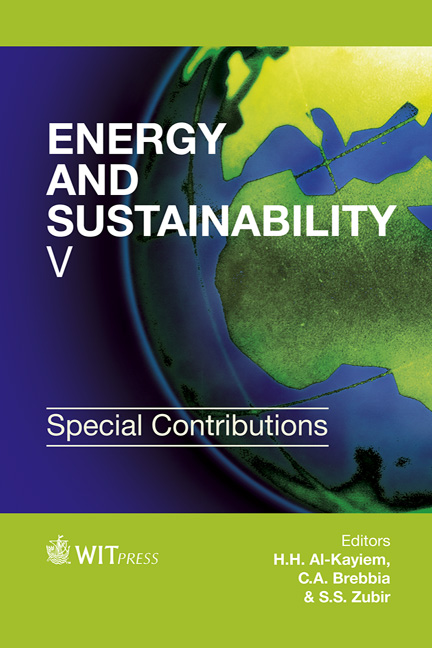Waste To Energy In Hungary: New Trends In The North-Balaton Regional Waste Management System Of Hungary
Price
Free (open access)
Transaction
Volume
206
Pages
8
Page Range
287 - 294
Published
2015
Size
256 kb
Paper DOI
10.2495/ESS140251
Copyright
WIT Press
Author(s)
A. Sarkady, R. Kurdi
Abstract
Minimizing the landfill load has become a must for EU member states. The mechanical and biological treatment of household wastes is one of the key methods for reaching this goal. The object of mechanical handling is to separate the recyclable fraction and transform the non-recyclable part into Refuse Derived Fuel (RDF) for energetic use and to produce organic fraction for biological treatment. The most appropriate method for mechanical treatment depends on different variables. Weather, climate, consumption patterns, education and many other factors influence the design of the optimal technology. Other inputs arrive from the end-users of the product according to their special needs. This paper presents our new complex technology for RDF production of the North-Balaton Regional Municipal Solid Waste Management System. This responds to the regional needs concerning quantity and quality of the local Municipal Solid Waste and it is flexible for future needs in accordance with Duna-Drava Cement plant as the present key customer of the product.
Keywords
anaerobic digestion, bio-waste, biogas, RDF, waste to energy





